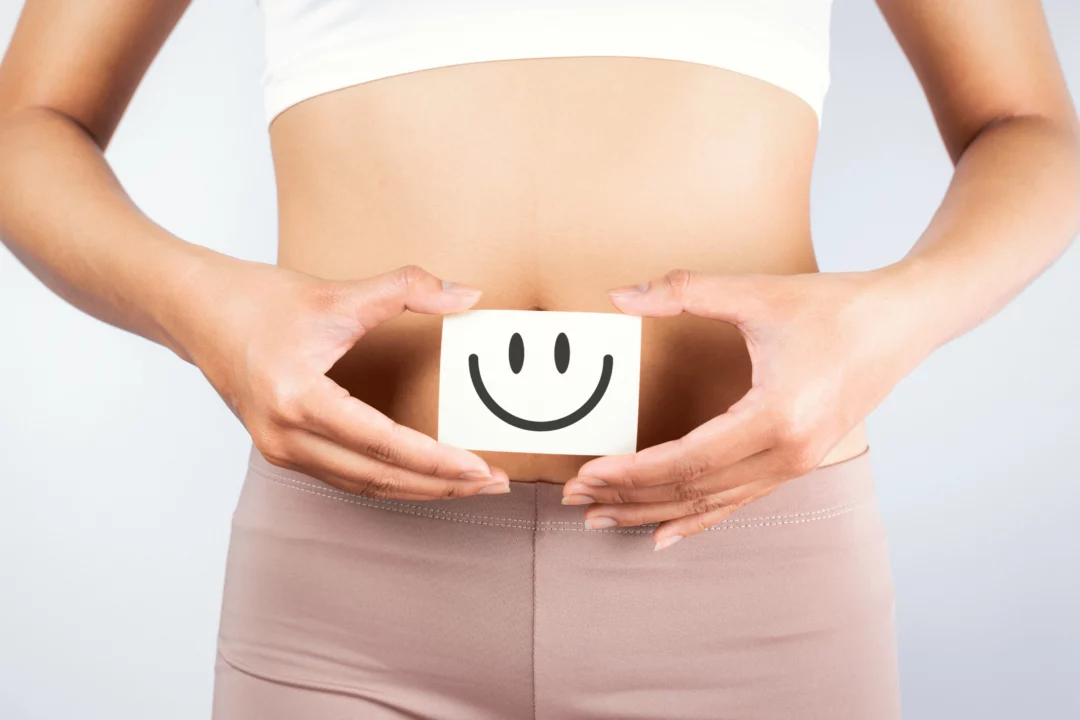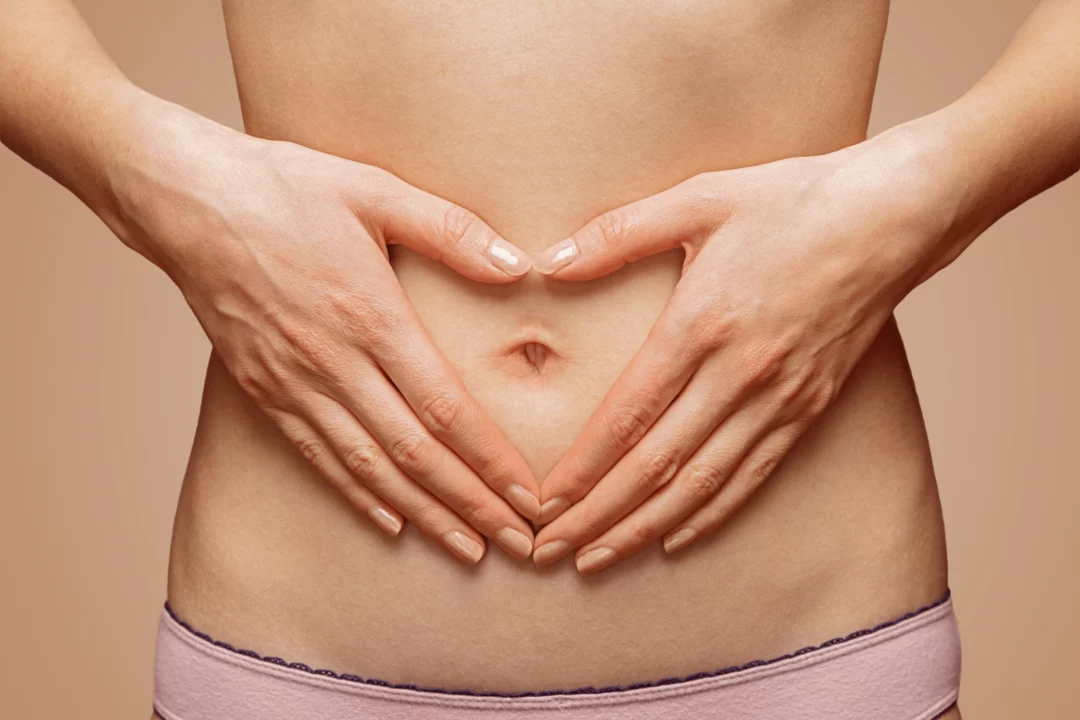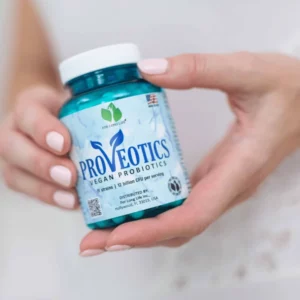
I would like to share with you interesting information and insights from my colleague, a doctor who has dedicated his entire life to medicine.
Suddenly I love my body.. I feel good in it. I'm not afraid to stand in front of the mirror. Nothing hurts. Not my back, not my knees. I'm not hungry and I'm not stuffed. I don't wake up with a growling stomach. I wake up in a good mood., from bed to the toilet, I empty my bowels and I am a contented animal. I often hear these and other words from people who confide in me after something changes in their lives and they suddenly feel good.
 And what actually happened? My grandmother would say: 'You're fine because your belly feels like a little room.' I always believed her, but now I know that my intestines are not a room, but more like a garden.
And what actually happened? My grandmother would say: 'You're fine because your belly feels like a little room.' I always believed her, but now I know that my intestines are not a room, but more like a garden.
Microbiologists, immunologists, gastroenterologists and other gnozeologists haven't slept since grandma's death, and that's why today they say that our intestines are a living garden (as big as a football field) populated not by a million, not a billion, but a trillion bacteria.
Most of them are extremely beneficial to our body. usefulOur intestine is not only a tube good for absorbing sugars, fats and proteins, but also largest producer of antibodies against everything foreign, including the notorious SARS CoV 2.
Intestinal mucosa (in cooperation with good bacteria) also produces about a hundred hormone-like proteins known today, which significantly they affect our brainThe famous happiness hormone (serotonin) is produced in the brain, but in small amounts. Most of the happiness hormone is produced by our intestineAnd so our sense of happiness and satisfaction depends on the order or disorder in our intestines.
 The intestines are home to bacteria that are friendly to our bodies, but also to pathogenic bacteria. Most of us have much fewer of these, but they also play a role there. It is important their relationshipThe entire colony weighs up to 1.5 kg and therefore cannot be overlooked. In order for this colony to be permanently in balance (all life on Earth is actually a search for balance by all organisms), I can do a lot as an individual because I naturally desire to be in balance under all circumstances felt good. I choose therefore the most suitable diet.
The intestines are home to bacteria that are friendly to our bodies, but also to pathogenic bacteria. Most of us have much fewer of these, but they also play a role there. It is important their relationshipThe entire colony weighs up to 1.5 kg and therefore cannot be overlooked. In order for this colony to be permanently in balance (all life on Earth is actually a search for balance by all organisms), I can do a lot as an individual because I naturally desire to be in balance under all circumstances felt good. I choose therefore the most suitable diet.
Process digestion takes place either by way of fermentation or putrefactive process of nutrient decompositionThe fermentation process is beneficial to our body. closer, the digestive tract leaves more quickly and regularly. The slow exit of the digestive tract resulting from the putrefactive process causes constipation, flatulence, and allows the absorption of substances that have no business in the body. Everyone knows the physical sensations of such events, it is a discomfort that no one desires.
It is also good to know that humans are evolutionarily herbivores, becoming omnivores only with the development of civilization.
To achieve proper balance of intestinal bacteria and feeling physical and mental well-being, we must give the good bacteria a little help.
 Intestinal bacteria fundamentally influence a number of physiological and pathological processes in the human body. We can mention the risk of developing a number of diseases (e.g. diabetes, liver and kidney dysfunction, increased cholesterol, tendencies towards depression, etc.), but also human aging, and the associated increasing risk of death. The composition of the bacterial microbiota in your intestine changes significantly throughout life. For example, infants tend to have up to 90 percent of bifidobacteria in their intestines, which can be called the bacteria of eternal youth with exaggeration, while in a seventy-year-old senior, their amount is reduced to mere thousandths of a percent.
Intestinal bacteria fundamentally influence a number of physiological and pathological processes in the human body. We can mention the risk of developing a number of diseases (e.g. diabetes, liver and kidney dysfunction, increased cholesterol, tendencies towards depression, etc.), but also human aging, and the associated increasing risk of death. The composition of the bacterial microbiota in your intestine changes significantly throughout life. For example, infants tend to have up to 90 percent of bifidobacteria in their intestines, which can be called the bacteria of eternal youth with exaggeration, while in a seventy-year-old senior, their amount is reduced to mere thousandths of a percent.Not everyone is able and willing to choose and buy the healthiest plants and herbs. And not everyone knows how to properly prepare them.
These were the words of my doctor colleague, whom I asked a question about the intestinal microbiome and how to properly colonize the intestines.